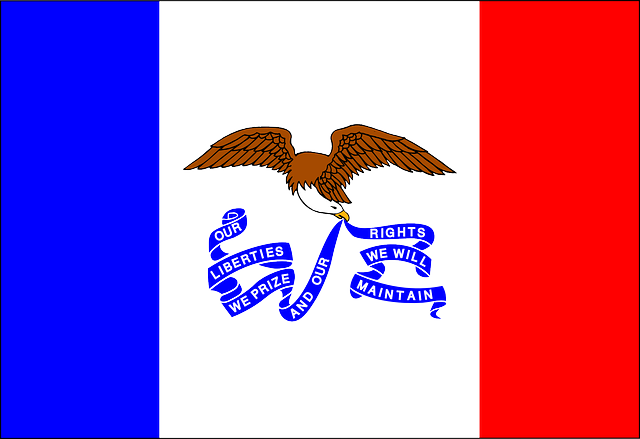Share This Article:

Compliance Corner
Des Moines, IA (WorkersCompensation.com) -- It's a basic concept, but when a worker gets hurt on the job, the clock starts to tick on her claim. As can be found on Simply Research, Iowa sets the following rules for when things must happen for a claim to have a chance to survive denial.
Notice of Injury. Unless the employer has notice or knowledge of the asserted injury within 90 days of its occurrence, the employee may be denied benefits. The 90-day period begins to run when the employee knew or should have know that the injurious condition related to her work.
First Report of Injury. When an employee reports a work related injury, the employer must file a first report of injury if the employee loses more than three days of work or sustains permanent injury or death on account of the injury. The employer or its carrier must file the first report within four days of notice or knowledge of the alleged injury with the workers' compensation commissioner.
Two-Year Statute of Limitation. An employee must receive Iowa weekly workers' compensation benefits or file an application for arbitration within two years of the alleged injury.
Three-Year Statute of Limitation. If an employee has received Iowa weekly workers' compensation benefits, she has three years from the last payment of those weekly benefits to receive additional benefits voluntarily or to file a contested case proceeding for benefits.
Case Examples
Denison Municipal Utilities v. Iower Workers' Compensation Commissioner, 857 N.W. 2d 230 (Iowa 2014). The employer in this case was required to file a first report of injury upon demand by the workers' compensation commissioner even without evidence that the employee had been incapacitated for more than three days.
Larson Mfg. Co., Inc. v. Thorson, 763 N.W. 2d 842 (Iowa 2009). Although the worker's cumulative injury became manifest more than two years before the date she filed her petition, the Iowa Supreme Court explained that the two-year clock doesn't necessarily begin to run on the date the injury becomes manifest. Instead, the court found evidence indicating that the worker was not aware of the nature, seriousness, and probable compensable character of her injury before she filed her petitions.
AI california case management case management focus claims compensability compliance courts covid do you know the rule emotions exclusive remedy florida FMLA fraud glossary check Healthcare health care hr homeroom insurance insurers iowa leadership medical NCCI new jersey new york ohio osha pennsylvania roadmap Safety state info technology texas violence WDYT what do you think women's history women's history month workcompcollege workers' comp 101 workers' recovery Workplace Safety Workplace Violence
Read Also
- Apr 24, 2025
- Frank Ferreri
- Apr 24, 2025
- Liz Carey
About The Author
About The Author
-
Frank Ferreri
Frank Ferreri, M.A., J.D. covers workers' compensation legal issues. He has published books, articles, and other material on multiple areas of employment, insurance, and disability law. Frank received his master's degree from the University of South Florida and juris doctor from the University of Florida Levin College of Law. Frank encourages everyone to consider helping out the Kind Souls Foundation and Kids' Chance of America.
More by This Author
Read More
- Apr 24, 2025
- Frank Ferreri
- Apr 24, 2025
- Liz Carey
- Apr 24, 2025
- Claire Muselman
- Apr 24, 2025
- Chris Parker
- Apr 24, 2025
- Anne Llewellyn
- Apr 23, 2025
- Claire Muselman




